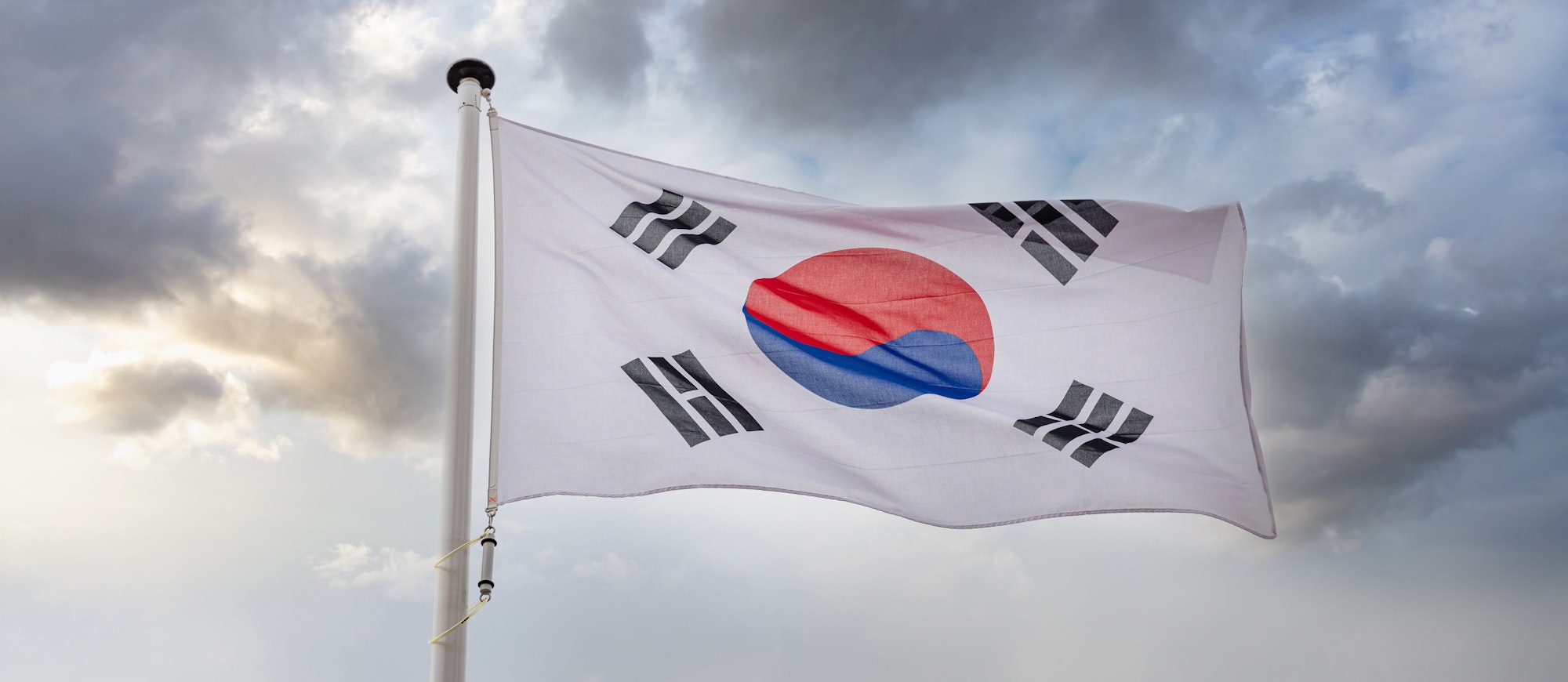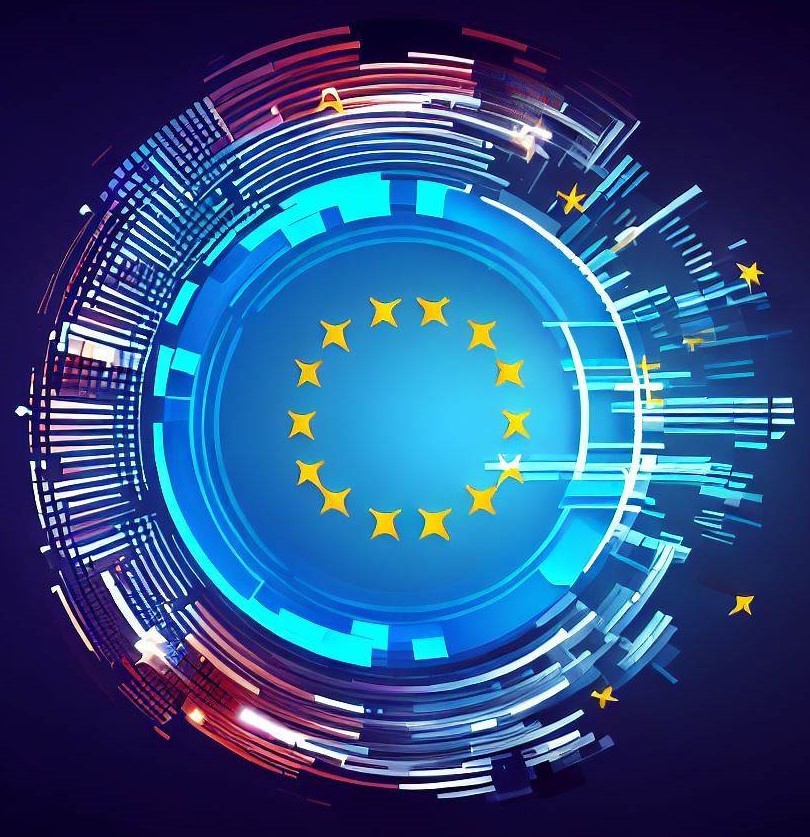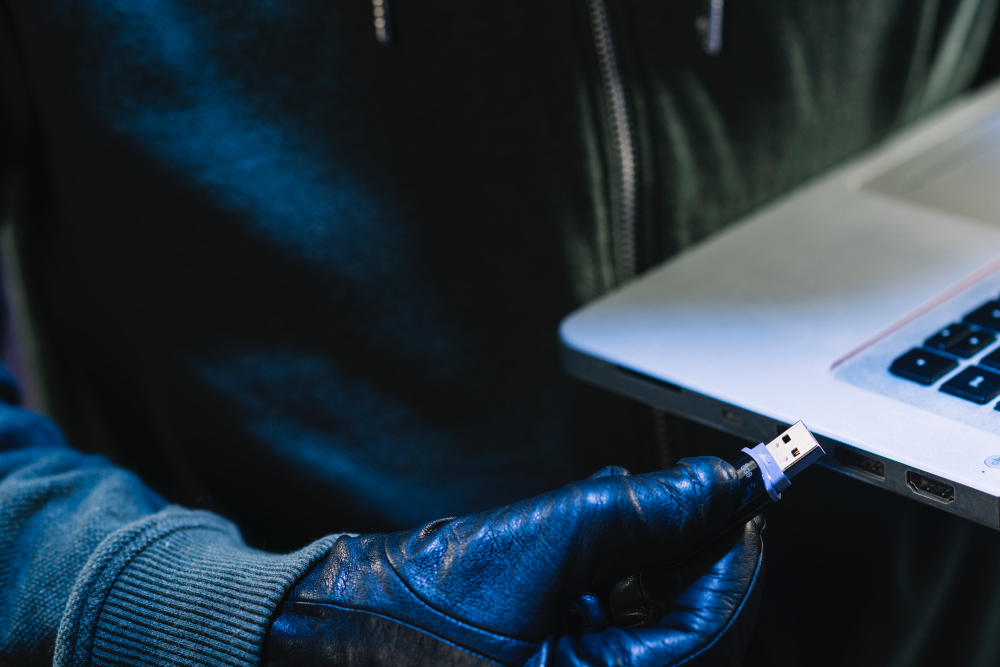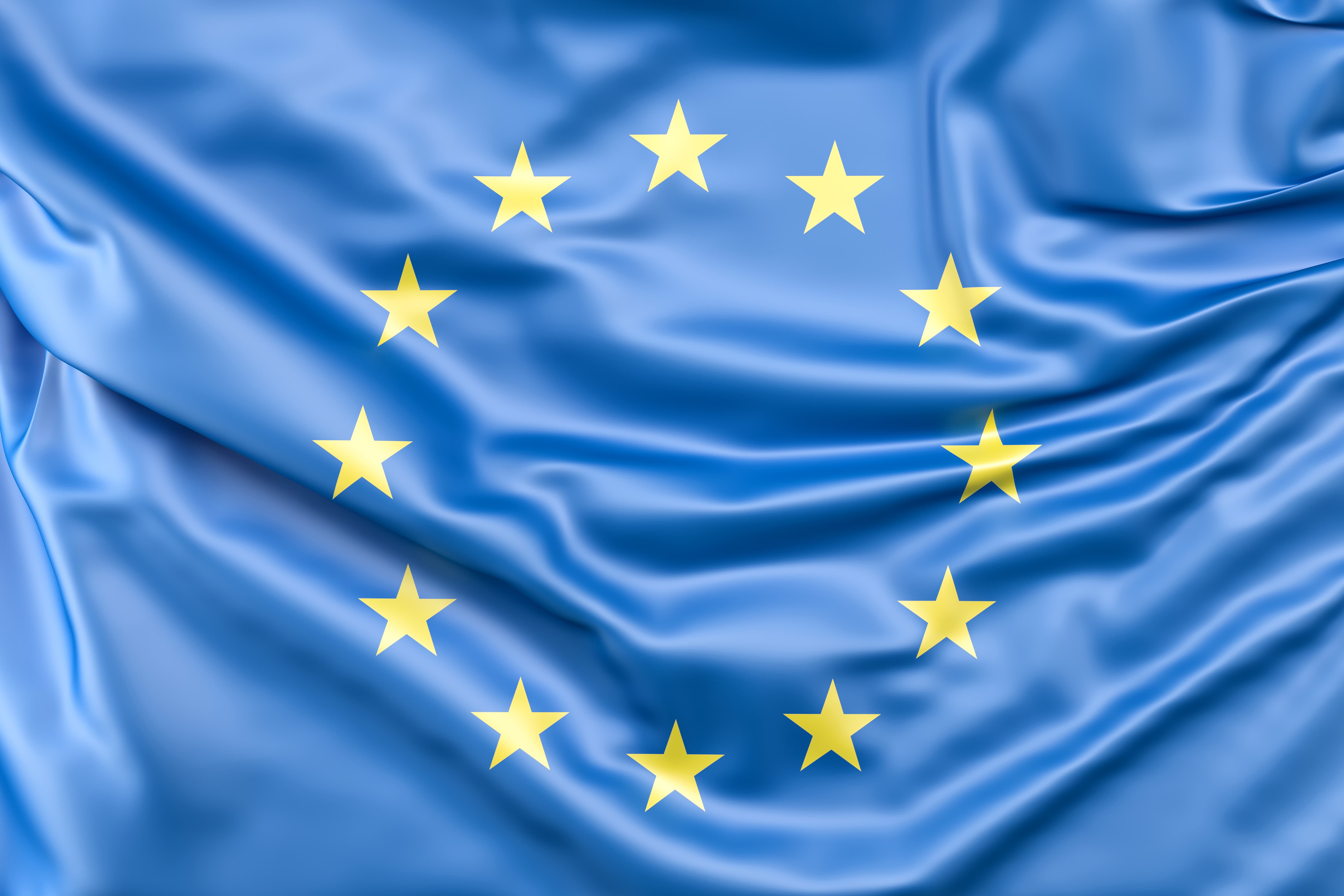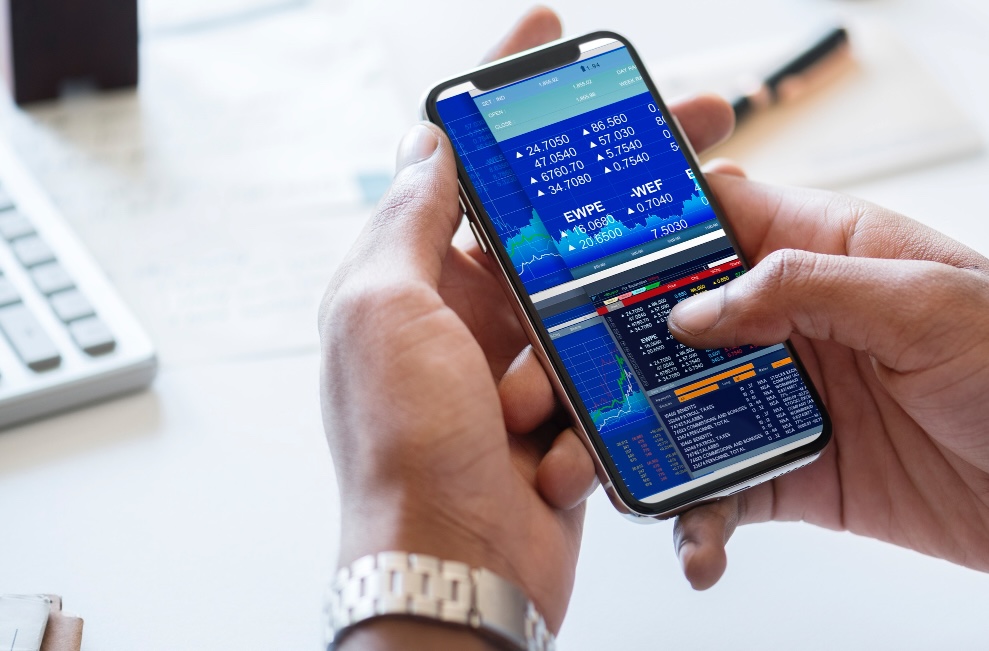India’s Financial Intelligence Unit has tightened crypto compliance, requiring live identity checks, location verification, and stronger Client Due Diligence. The measures aim to prevent money laundering, terrorist financing, and misuse of digital asset services.
Crypto platforms must now collect multiple identifiers from users, including IP addresses, device IDs, wallet addresses, transaction hashes, and timestamps.
Verification also requires users to provide a Permanent Account Number and a secondary ID, such as a passport, Aadhaar, or voter ID, alongside OTP confirmation for email and phone numbers.
Bank accounts must be validated via a penny-drop mechanism to confirm ownership and operational status.
Enhanced due diligence will apply to high-risk transactions and relationships, particularly those involving users from designated high-risk jurisdictions and tax havens. Platforms must monitor red flags and apply extra scrutiny to comply with the new guidelines.
Industry experts have welcomed the updated rules, describing them as a positive step for India’s crypto ecosystem. The measures are viewed as enhancing transparency, protecting users, and aligning the sector with global anti-money laundering standards.
Would you like to learn more about AI, tech and digital diplomacy? If so, ask our Diplo chatbot!




